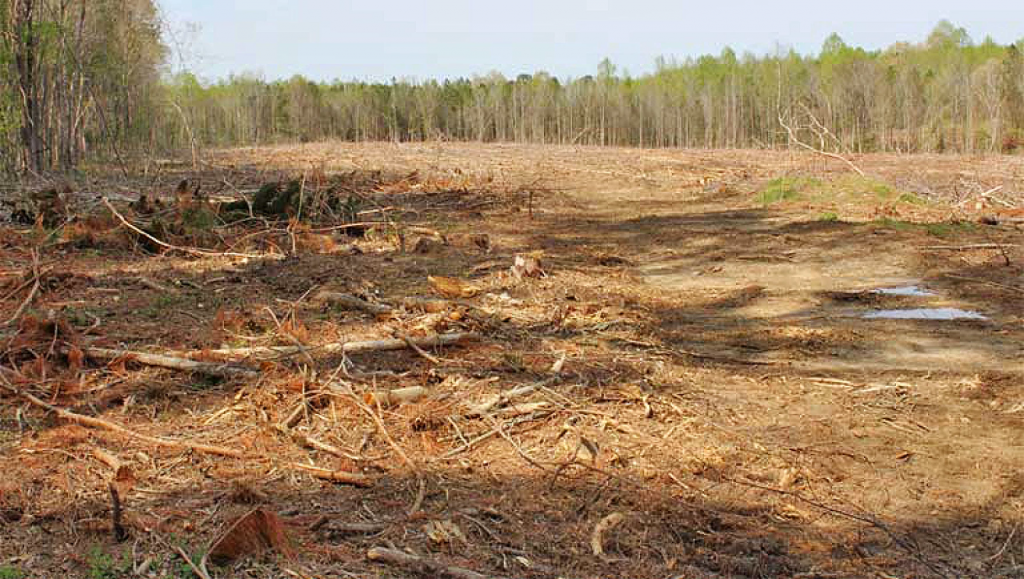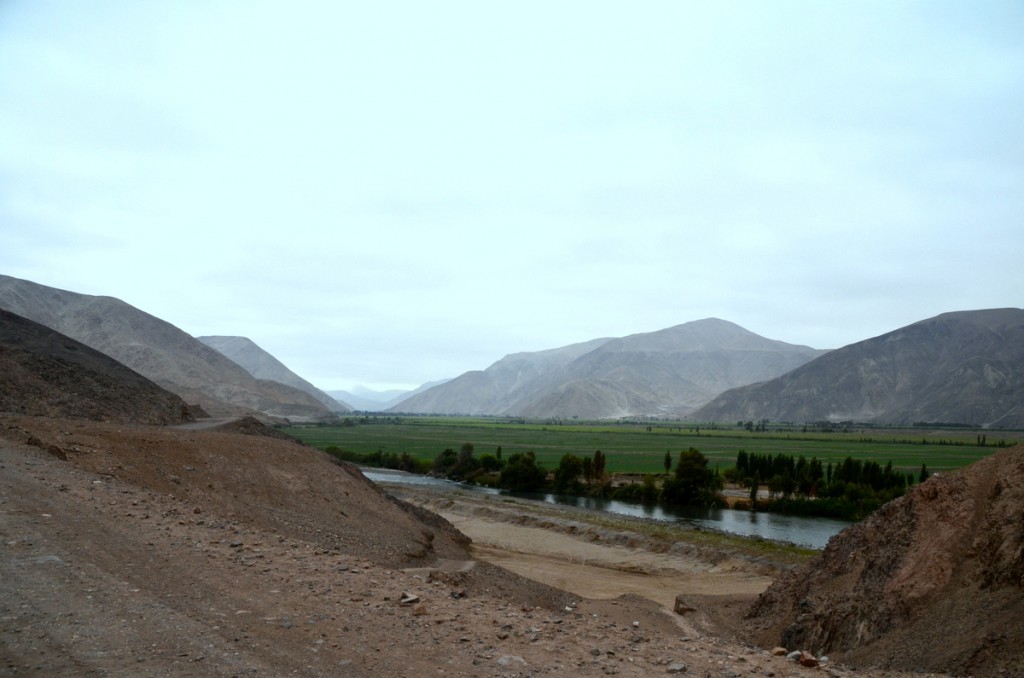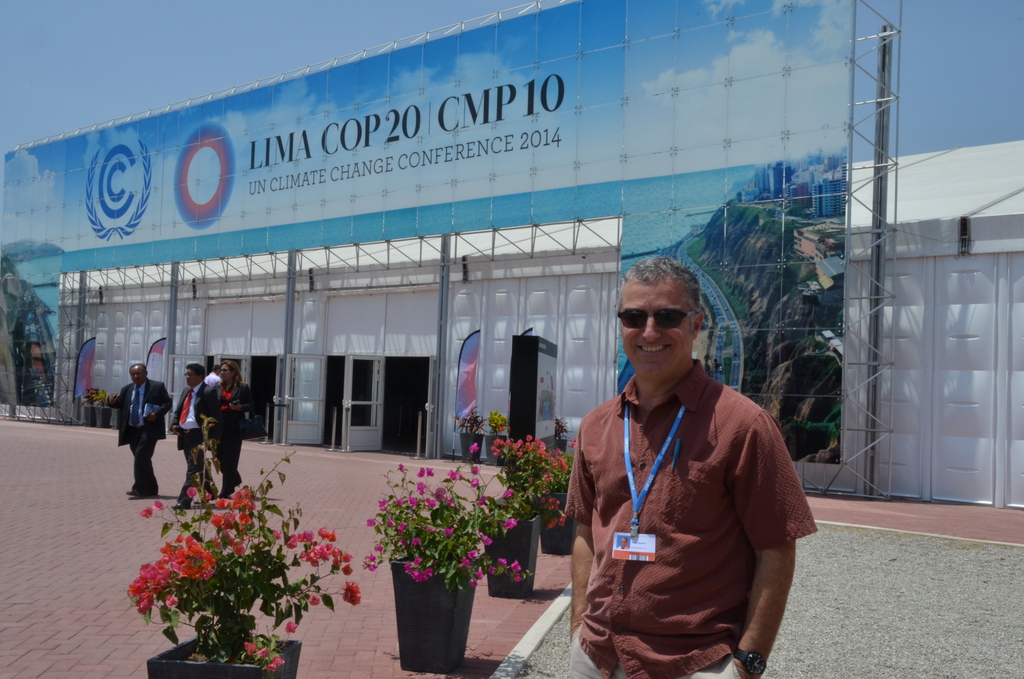
Radio journalist Rachel Lewis Hilburn, host of Coastline, a weekly program on WHQR public radio in Wilmington, North Carolina, had been following my coverage of the wood pellet industry over the past year. Of particular interest were the stories that focused on Enviva, the world’s largest producer of wood pellets, which has four manufacturing plants in eastern North Carolina.
When we spoke by phone to discuss her program, she was not only interested in my coverage, but also my reporting process, my working with a key anonymous whistleblower who once worked for Enviva, the distinction between environmental journalism and environmental advocacy, and what lessons I share with my journalism students at Wake Forest University.
Here’s the result, a wide-ranging, live-to-tape 50-minute discussion in three segments in which Rachel’s innate curiosity and enthusiastic interviewing style directed me through all of those issues and a few more. I really appreciated the opportunity to talk with her and her listeners. Thanks also to producer George Newman at WFDD on the Wake Forest campus for preparing the studio in which I spoke remotely with Rachel.





